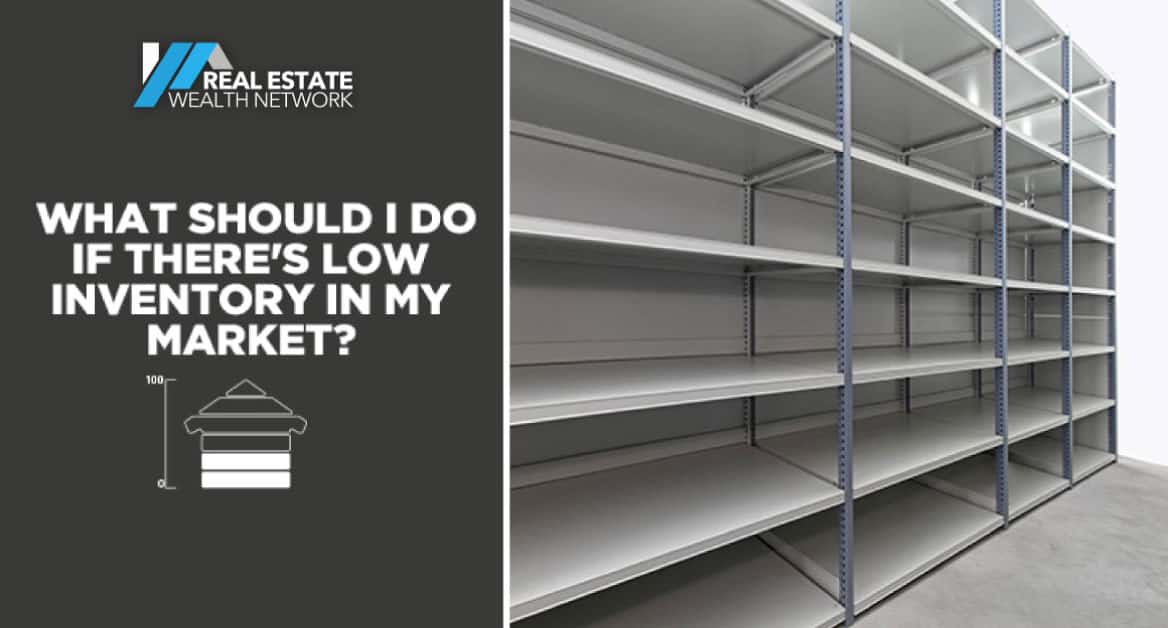The world of real estate investing is full of “do this” or “don’t do that”, but do you ever wonder whether you should be doing deals with institutional versus private motivated sellers?
After all, it’s always good to have options!
People ask me all the time if I focus on deals that are primarily with private sellers or institutional sellers. And then, the inevitable next question—which is BETTER?
My answer: well…I actually do a mix.
I do a lot of HUD and bank foreclosure deals and of course they are institutional seller. Made an offer on one just this morning
Continue Reading...
